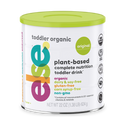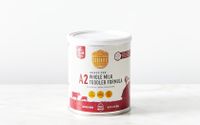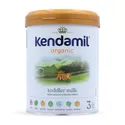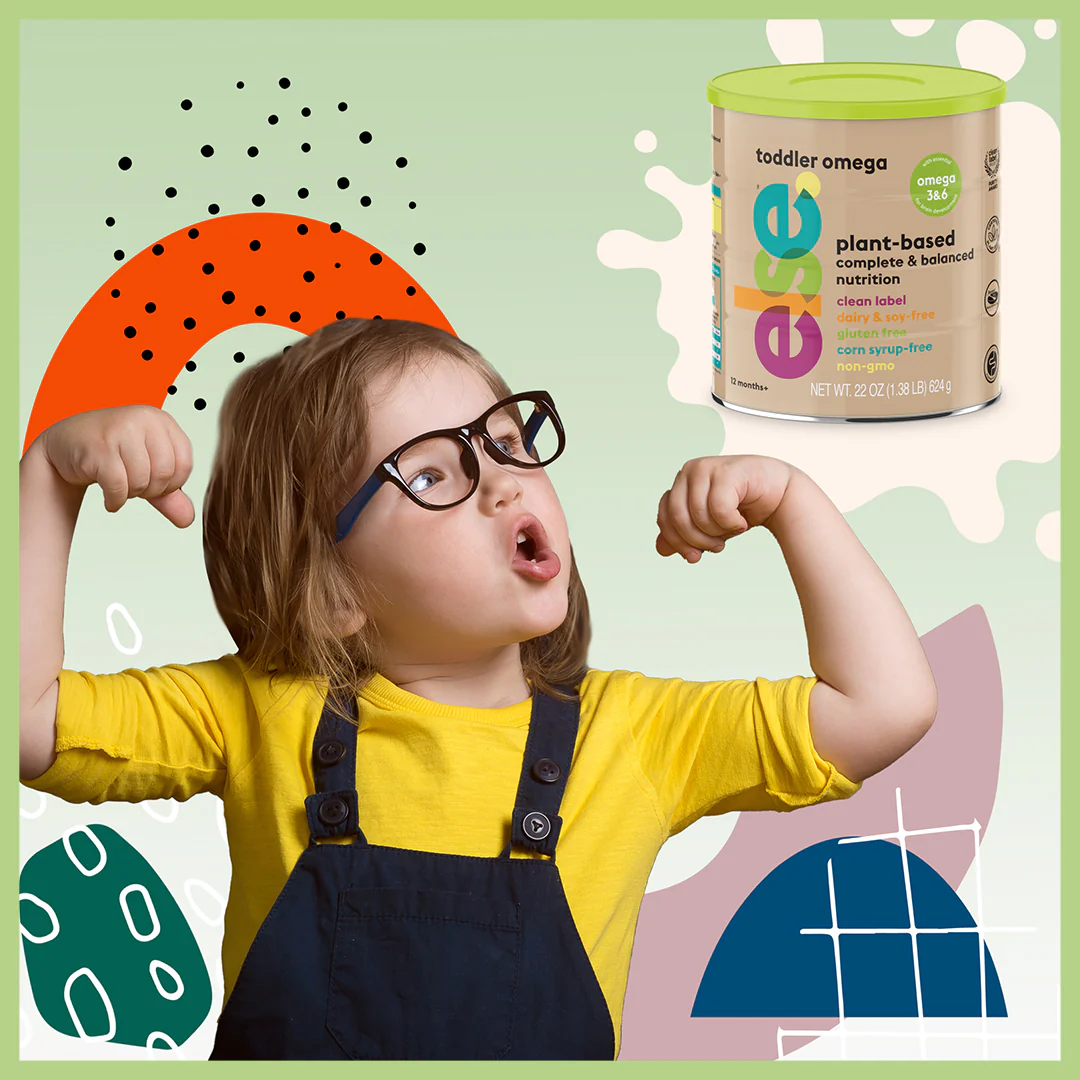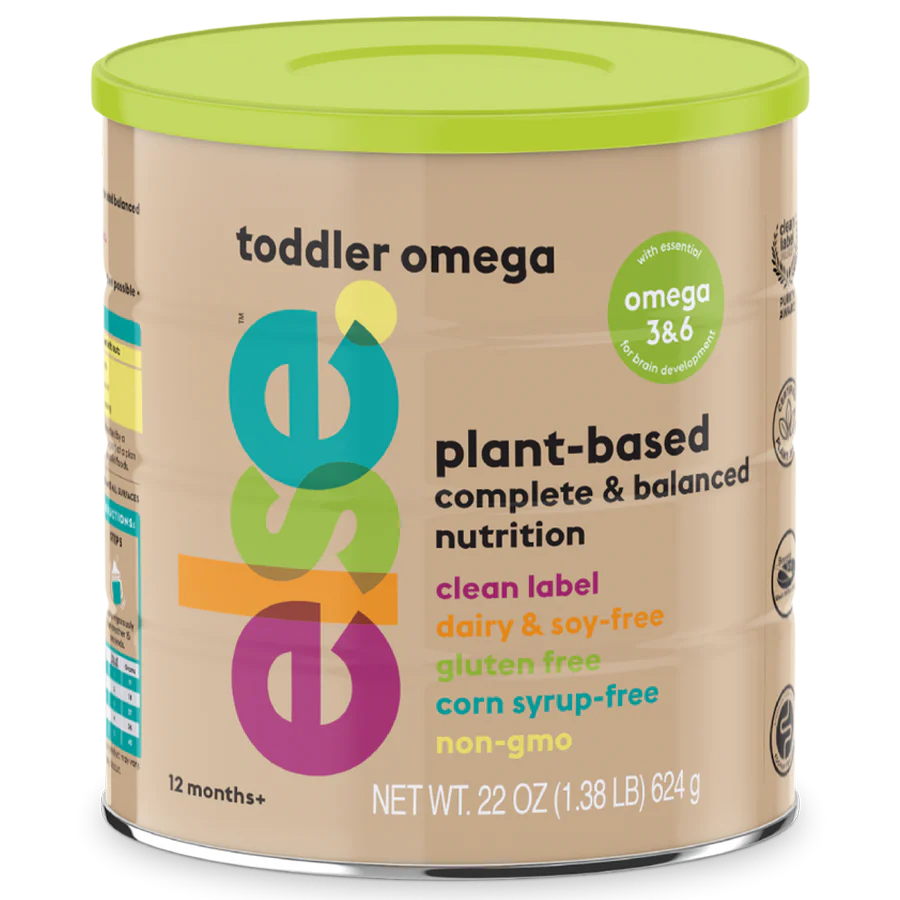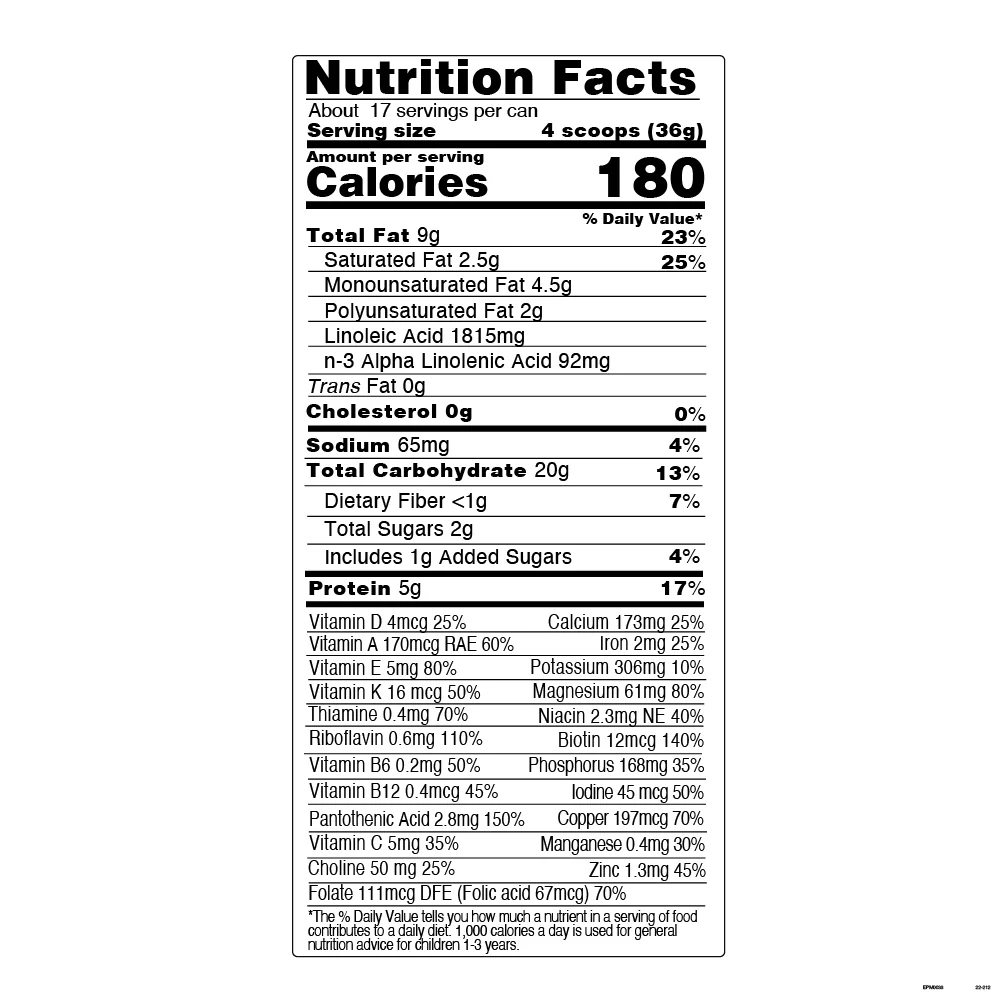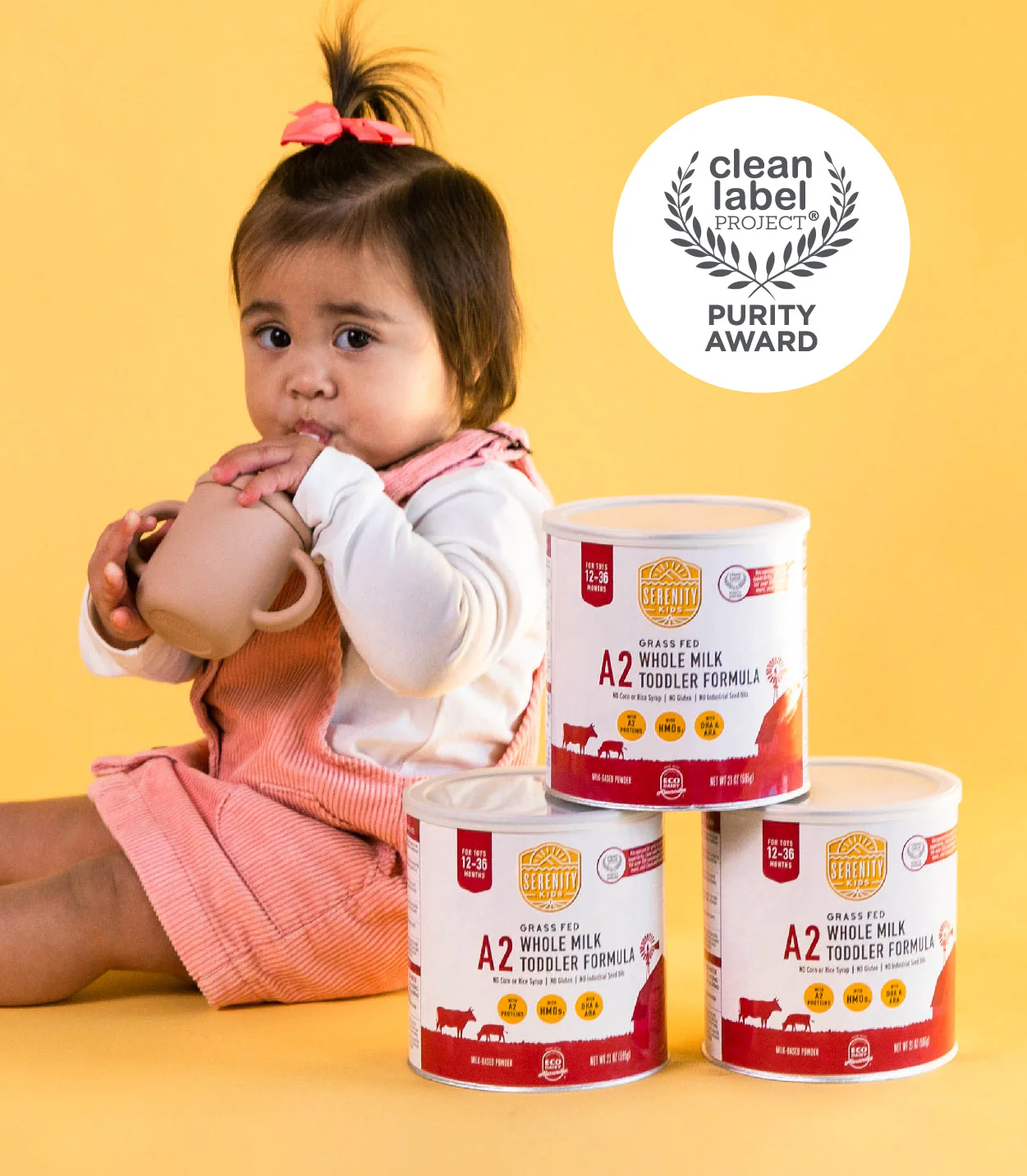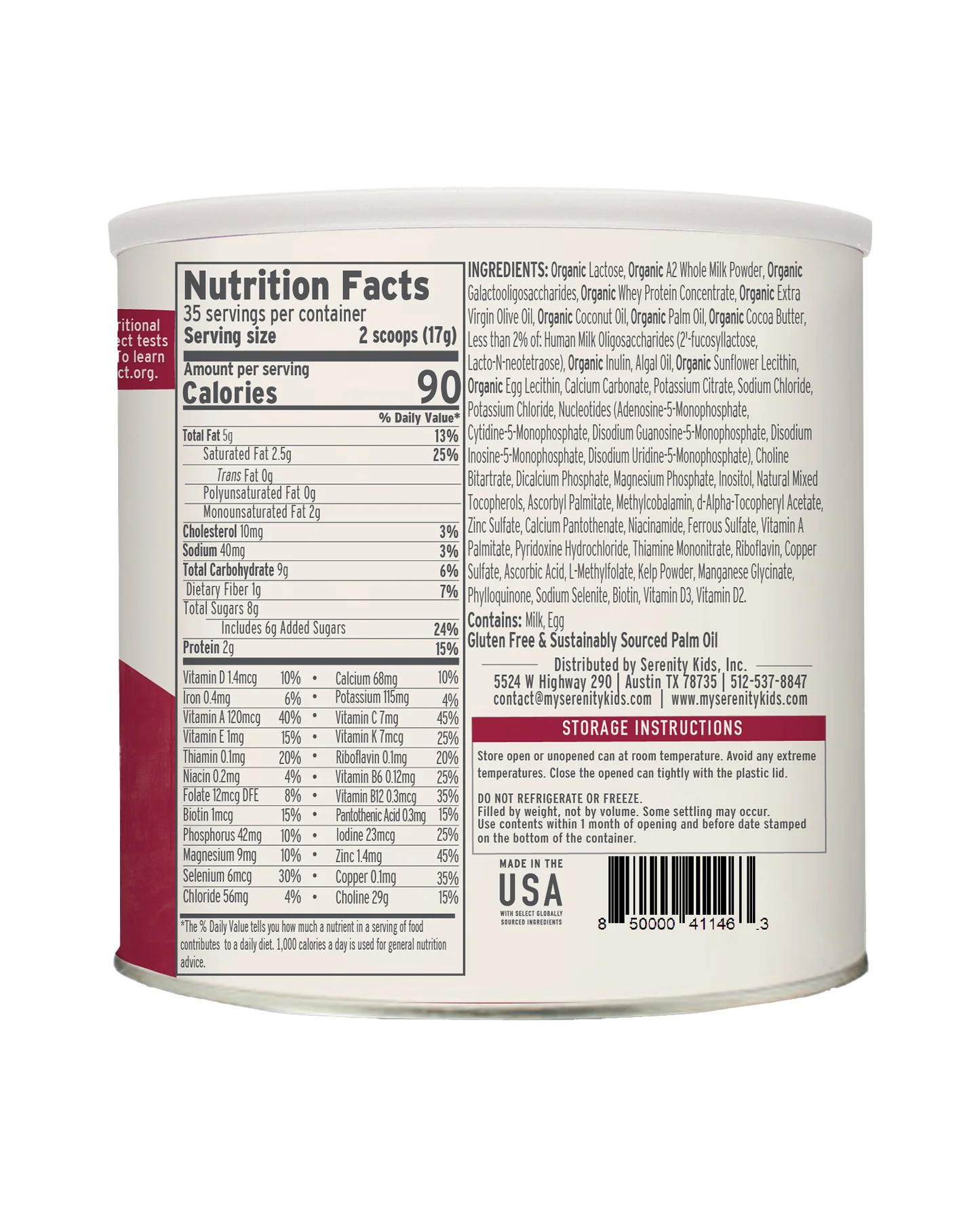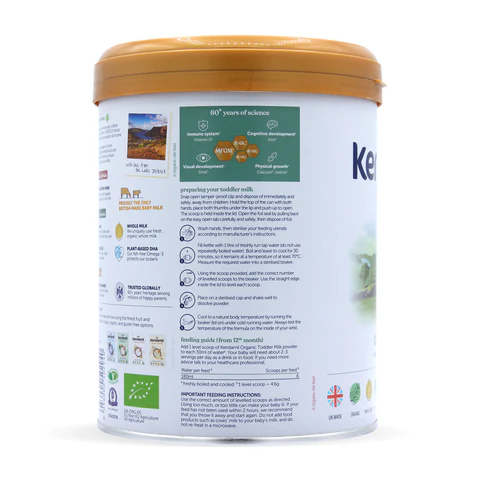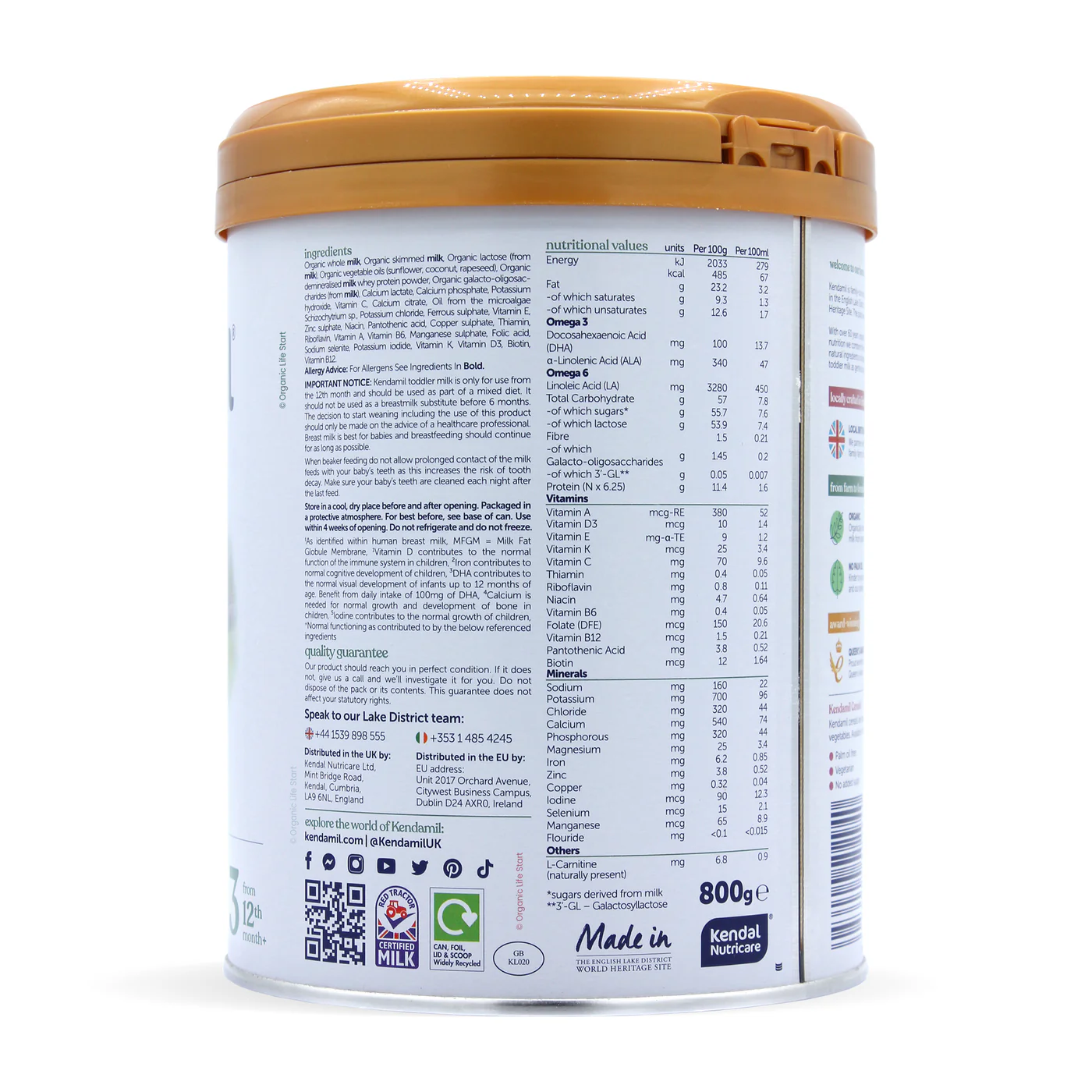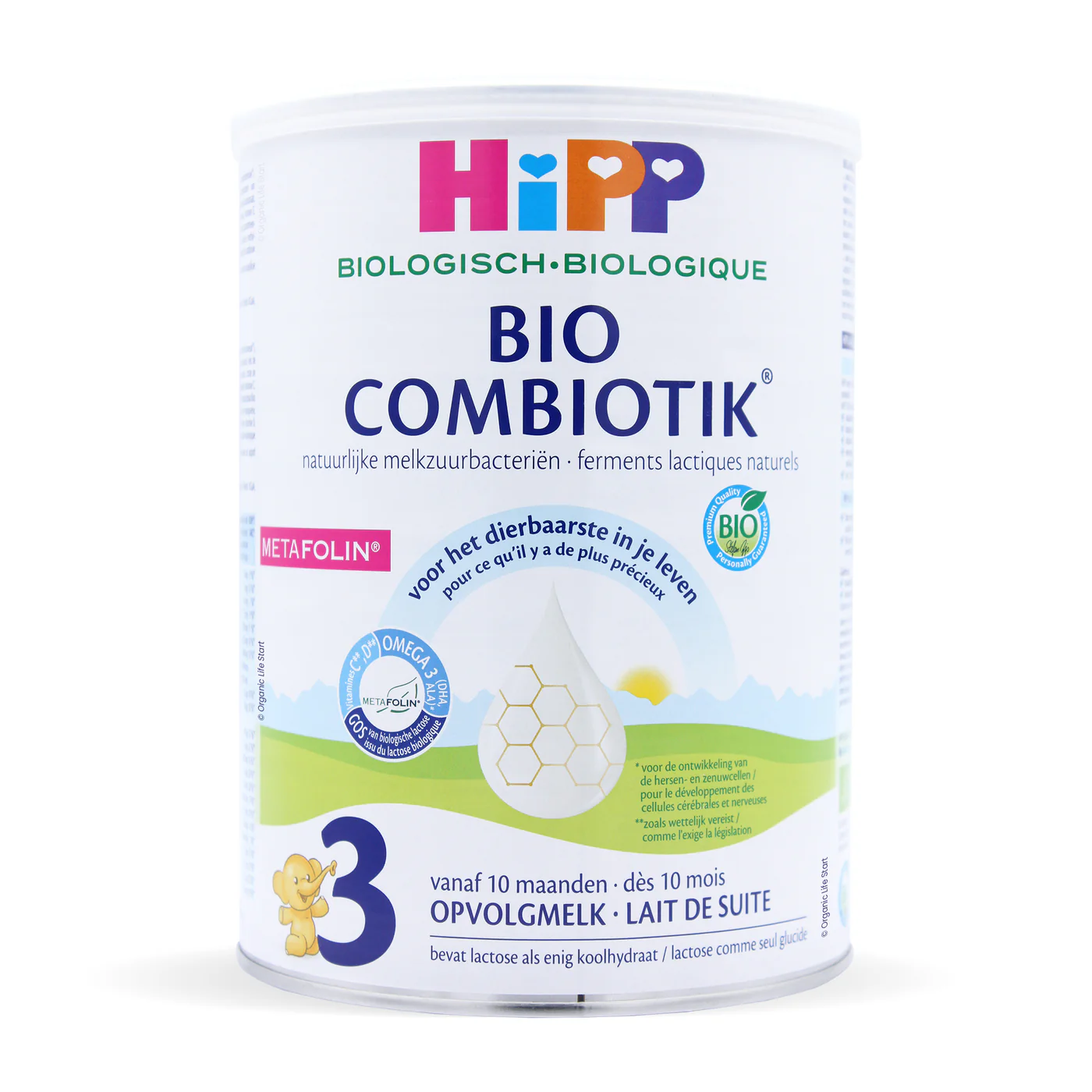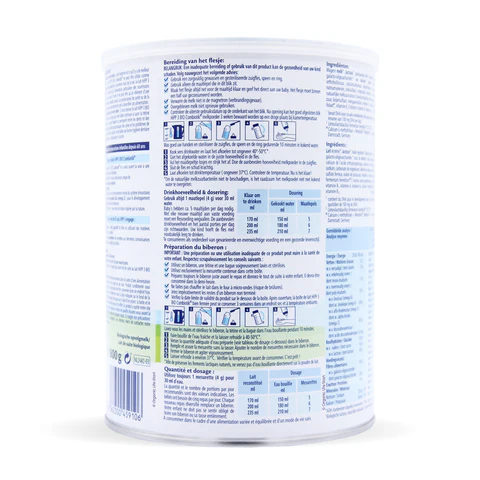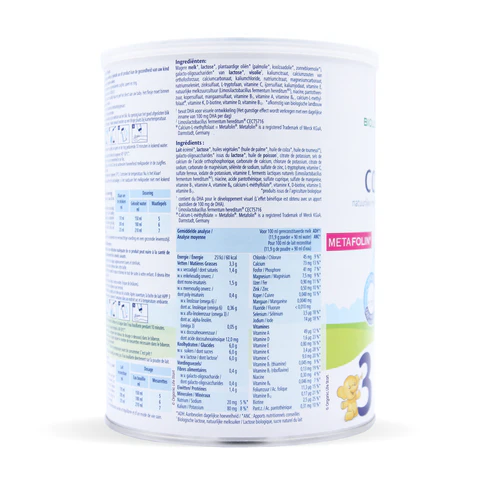4 Best Toddler Formulas: Organic Choices for 1-Year-Olds
Are you weaning your toddler and they're being picky? The best way to supplement with multivitamins and keep them full is by using a formula.
Updated October 2, 2024

Toddlers in the US often get sufficient micronutrients, but some may need more vitamin D, vitamin E, or fiber. Formulas have just what you need to fill in the gaps. But each brand is slightly different, and deciding which one to get can give you a headache.
That's why we've created a list of the best products to keep your kid on the right track so they can grow big and strong.
» Ensure your toddler gets all the nutrients with complete nutrition formula
Our Pick: 4 Best Toddler Formulas for 1-Year-Olds
- Best overall toddler formula: Else Plant-Based Complete Nutrition for Toddlers
- Best grass-fed toddler formula: Serenity Kids Grass-Fed A2 Whole Milk Toddler Formula
- Best organic ingredient toddler formula: Kendamil Classic Stage 3
- Best toddler formula for digestive health: HiPP Dutch Stage 3 Combiotic Growing Up
Navigating Toddler Formula Choices
Finding a suitable toddler formula is complex. You need to meet your kid's macronutrient needs. If they have dietary restrictions or allergies, it can complicate the problem more.
Since the FDA doesn't regulate the market, look at the label of the product you're about to buy. You should check for hidden sugars like corn syrup while ensuring it has iron and vitamins D and A.
When you finally get one, introduce it to your little one gradually, mixing it with familiar milk to see if they like it. You can also experiment with smoothies and oatmeal if your kid is a picky eater to ensure they get enough vitamins and minerals.
» Check out the best nutritional shakes for picky eaters
4 Best Toddler Formulas for 1-Year-Olds
Fuel Your Kid's Growth Confidently
It’s clear that the best toddler formula is one that caters to your little one’s nutritional needs, whether you opt for grass-fed, organic, plant-based, or European quality.
Ultimately, the best way to choose a product is to consult with your pediatrician. They can help you weigh the pros and cons of each option and recommend the best product for your child.
Still unsure which product to choose? Try a plant-based option like the Else Toddler Omega Plant-Based Complete & Balanced Nutrition. It's free from common allergens like dairy and soy.
Resources:
- N. Ahluwalia et al., “Usual nutrient intakes of US infants and toddlers generally meet or exceed Dietary Reference Intakes: findings from NHANES 2009–2012,” the American Journal of Clinical Nutrition, vol. 104, no. 4, pp. 1167–1174, Oct. 2016, doi: 10.3945/ajcn.116.137752. Available: https://pubmed.ncbi.nlm.nih.gov/27629049/
FAQs
Is toddler formula necessary if my child eats a balanced diet?
Toddler formula can provide specific nutrients that might be lacking in a balanced diet, making it useful during transitional phases or for picky eaters. It might be worth considering in those situations.
How do I know if a toddler formula is right for my child?
To ensure a toddler formula is right for your child, look for one that meets their dietary needs, including allergies or intolerances, and contains essential nutrients such as iron, and vitamins D and A.
Can I mix toddler formula with other foods?
Yes, you can mix toddler formula with foods like oatmeal or smoothies to enhance your child's nutrition. For a variety of recipes, you can visit or recipe section.
Are there any toddler formulas without added sugars or corn syrup?
Yes, many formulas prioritize natural ingredients and avoid added sugars or corn syrup, but it's important to always read the label to confirm.
The content and advice provided in this article are for informational purposes only and are not a substitute for medical diagnosis, treatment, or advice for specific medical conditions.
Always consult a pediatrician to understand your child's needs. The article expresses the views of the article's editor




